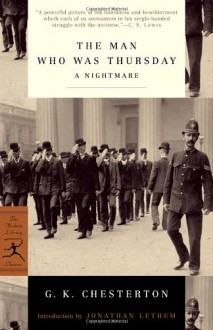
This is a slow starting but ultimately moving “wow!” of a story, set in a dystopian future Manchester with three types of “humans”: humans with a moderate amount of genetic engineering to help them resist social evils like addiction, genetically engineered humans who have been enhanced with implants to make them smarter, and simulants or “created” humans who have been completely bio-engineered to have beyond genius level brains that can process huge amounts of data for their employers. Simulants, of course, have never been children and they have no families, so they live in regulated dorm-like residences. There has been some tinkering with the simulant models to make them more personable, but giving them a larger emotional scope could backfire by decreasing their functionality, so they are carefully monitored for any deviations.
Jayna, one of these newer simulants, uses her stellar data crunching skills to forecast social and economic trends at the offices of Mayhew and McCline where she tries to interact smoothly with both types of more normal humans.These humans interest her greatly in spite, or maybe because, of the fact that she often has to correct their faulty work, and the slow start I mentioned is no criticism because it’s fascinating to be inside her head as she interprets the world around her.
Jayna starts to believe that both her personal life and work-related predictive skills would be enhanced by experiencing more variety and texture, which draws her slowly into an increasingly dangerous relationship with Dave, an un-implant-enhanced human who works in the company archives but has a side business selling honey. Dave’s grandfather had been a rebellious, freethinking college professor, placing Dave very low in the social hierarchy, so he lives in the high-rise, slum-like outskirts of town, past the comfortable upper middle class houses of humans with implants, and beyond the citrus groves that must be part of the English landscape as a result of climate change.
As new understandings and sensations open to Jayna--some as simple as the smell of a fresh brewed cup of coffee--she feels compelled to continue her risky encounters with Dave, but if she’s caught she could be wiped clean and reprogrammed by “the constructor”, the entity who supplies the simulant workers to businesses.
The author creates a strong connection between hyper-intelligent but naive Jayna and the reader--though anxious about the possible consequences of Jayna’s actions I was cheering her on--and the world building of this chilling, socially stratified future Manchester is excellent, and introduced naturally through Jayna’s interactions with the people who work at her office and the simulants who share her housing compound. The building tension of the story kept me hooked, and the ending left me a lot to think about. I listened to the well done audio version of this unusual but compelling book.


 Log in with Facebook
Log in with Facebook 









